Here’s How to Choose the Right Soil
The vitality of your garden starts with its soil. Soil provides flowers, vegetables, shrubs and trees with moisture and nutrients. It helps anchor the plant’s roots to keep it stable, provides air which is absorbed by roots and insulates against temperature fluctuations. Not all soil is the same though. Here’s how to find the right black gold for your green thumb.

Different Types of Soil
For the best results, choose an appropriate soil for your outdoor plans. Whether you want a stellar lawn, a bountiful vegetable bed or a space-savvy container garden, here’s how different types of soil stack up.
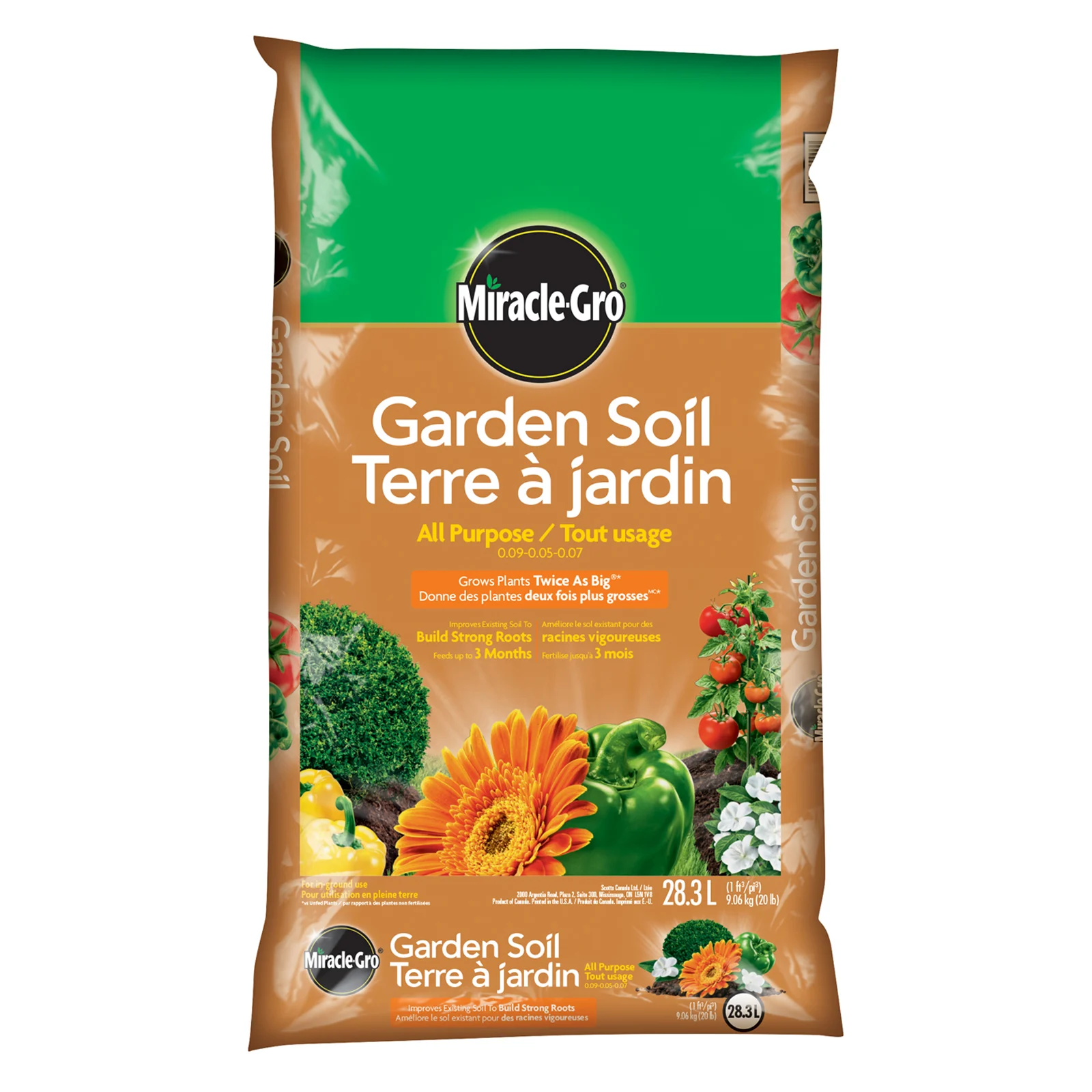
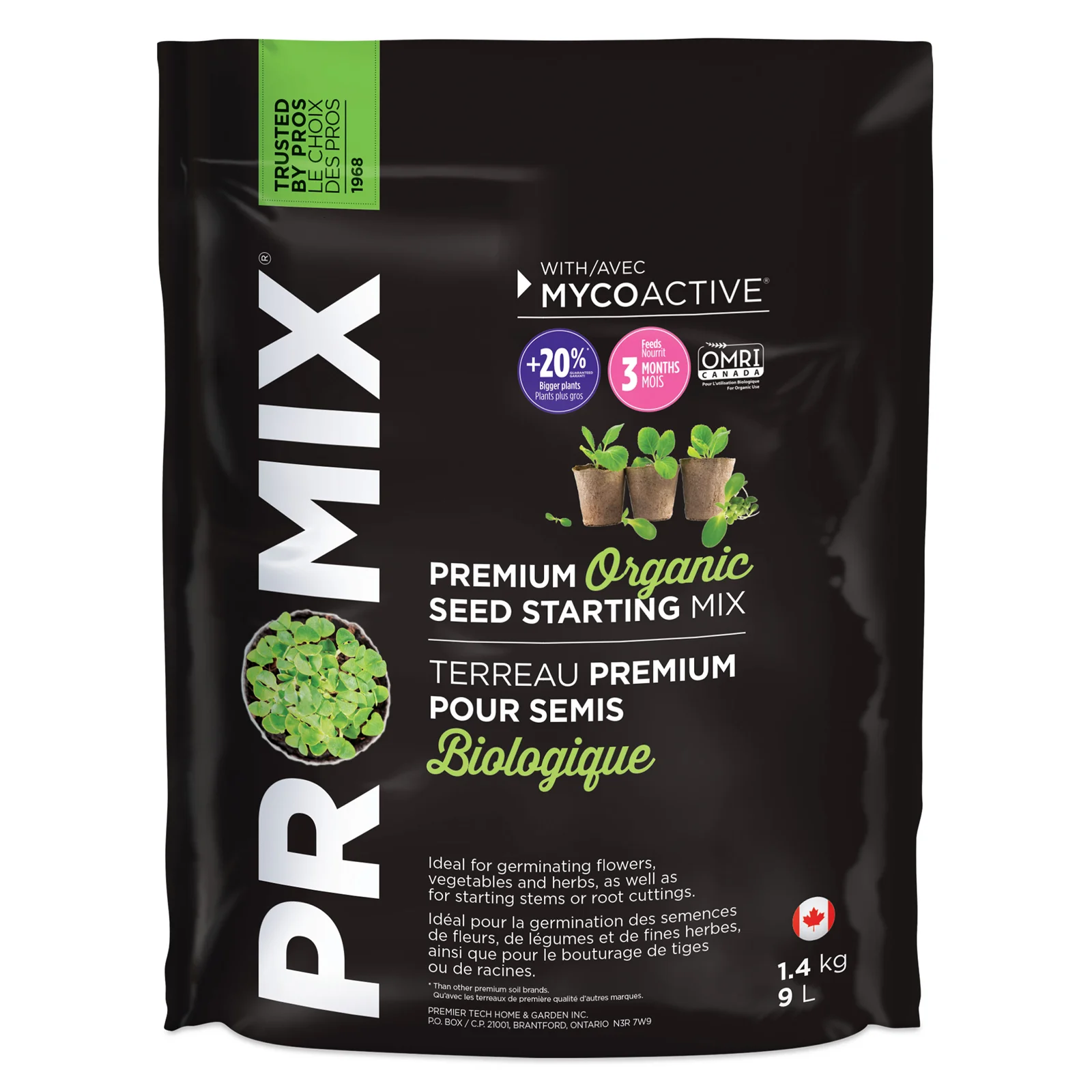
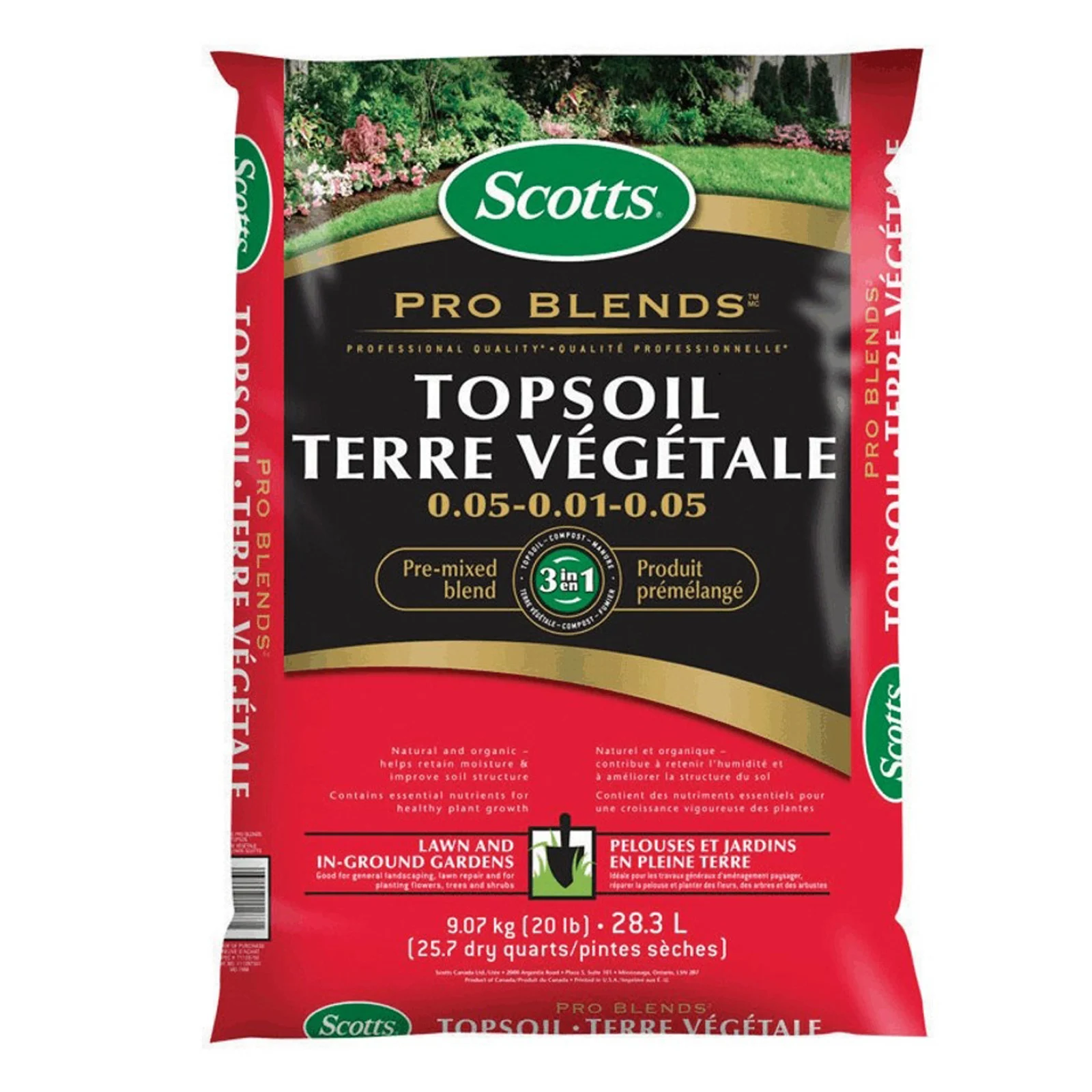
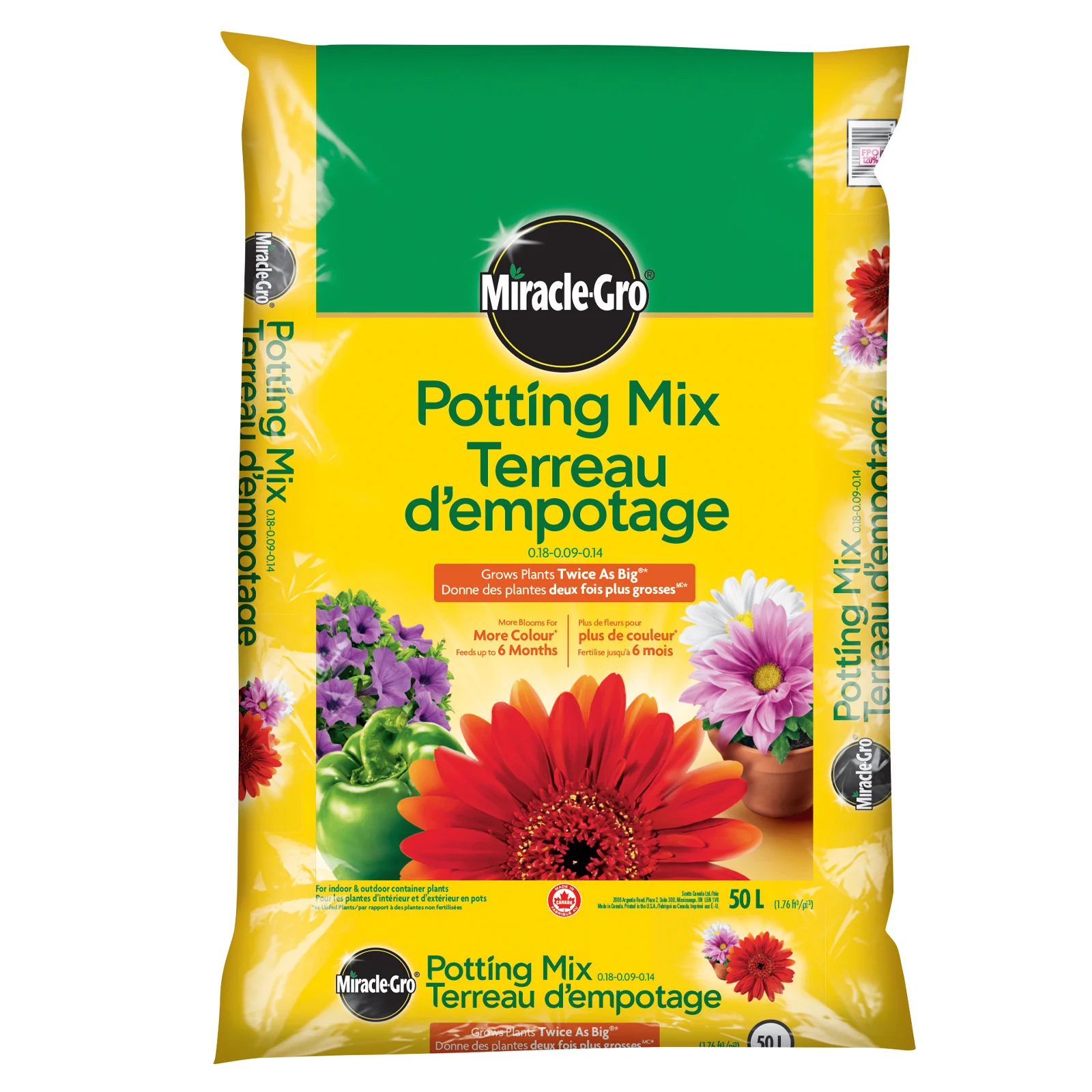
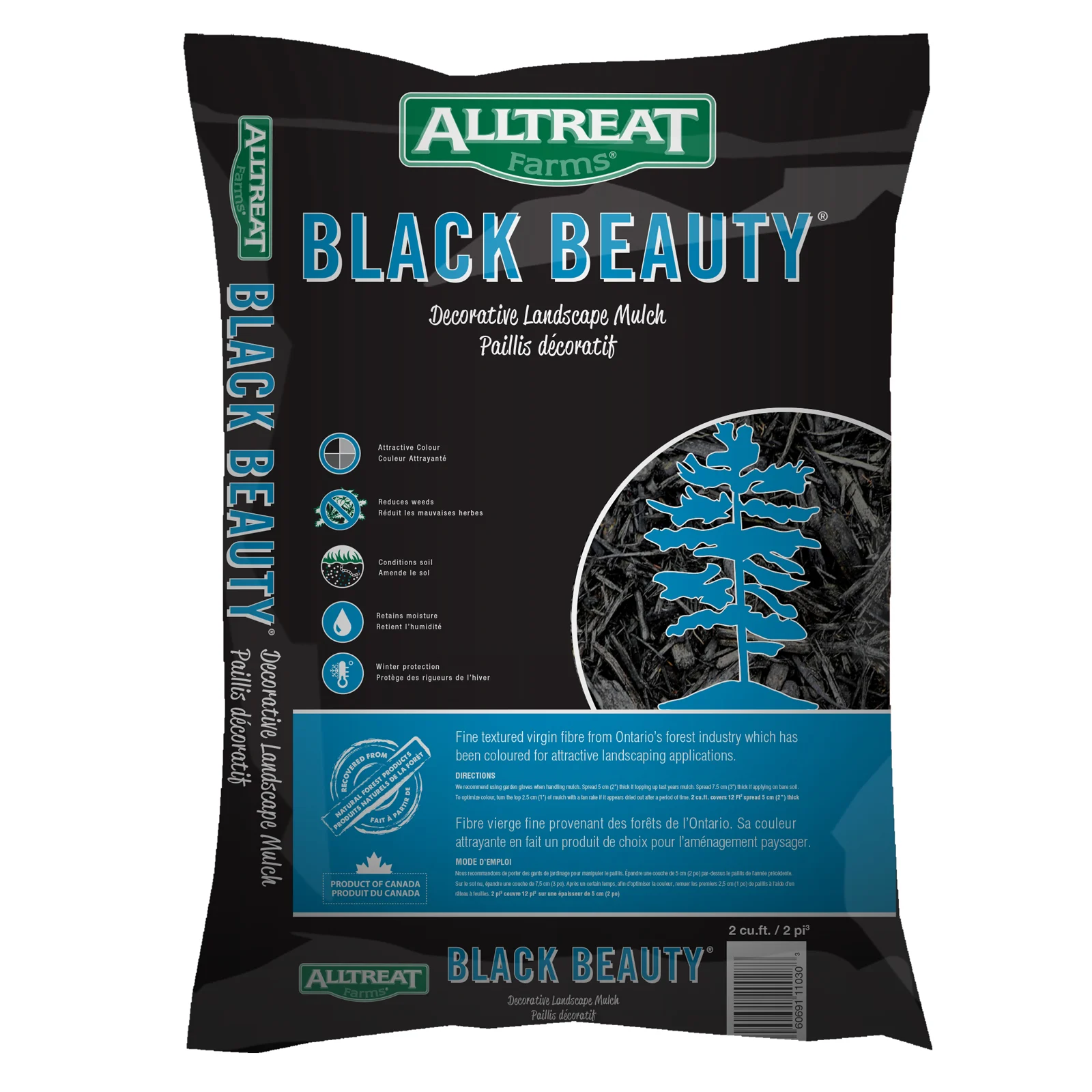
Finding the Right Soil for Your Plants
Not only do different types of gardens have different soil needs, so do different types of plants. Here’s what to look for to ensure a nourishing match for all your plants.
Flowers | Flowers prefer lightweight, compost-rich, well-drained soil that nourishes growth while encouraging roots to spread out. |
Fruits & Vegetables | Vegetable-garden soil mixes are designed to optimize nutrients and moisture levels for these hungry and extra-thirsty plants. |
Grass & Lawns | Lawn-specific soil mixes offer superior support with composted materials, fertilizer and water-control ingredients. |
Trees & Shrubs | Tree and shrub soil is fortified with phosphorus, iron and slow-release plant food to promote root development and prevent yellow leaves. |
Succulents & Cacti | These trendy, low-maintenance plants flourish in specialty soil designed to promote water drainage and prevent soil compaction. |
Soil Amendments
Native soil typically requires amending to meet the needs of its plants. Just as every garden has slightly different soil, different plants have different soil needs. Here are some common amendments that can help keep your plants grow strong all season long.
Compost
Made from decomposed leaves, decomposed animal manure, grass clippings, worm castings and other organic materials, this nutrient-rich product boosts texture and nutrients.
Gypsum
Gypsum is made of calcium sulfate. It helps increase the calcium in soil, so it’s ideal for salty soils. It can also be used to loosen heavy or clay soil and to help improve aeration and drainage.
Lime
Lime can be used to raise pH levels to make acidic soil more amenable to alkaline-soil loving campanula, geraniums, lavender and dianthus.
Sulfur
Sulfur helps lower pH in alkaline soil to increase acidity. It also adds iron, which enhances water filtration and helps plants grown green and lush. Azaleas, magnolias and dogwoods love acidic soil.
Manure
Manure helps boost nitrogen levels, loosens heavy soil and improves water retention in lighter soils. Manure should be well rotted (composted) so it doesn’t burn plants.
Peat Moss
Peat moss absorbs a lot of water and slowly releases it, so it’s usually used to help retain moisture. It can also add aeration to clay soils or to add weight to sandy soils.
Perlite
Derived from volcanic rock, perlite is a mineral used in potting mixes to increase aeration and drainage so roots can grow. It also helps to prevent soil compaction.
Vermiculite
Vermiculite is another volcanic mineral that helps boost aeration in soil. But dissimilar to perlite, vermiculite also helps to retain moisture and fertilizer.
Sand
Sand can be added in high-wind areas to help hold garden plants in place or make soil drier and looser.